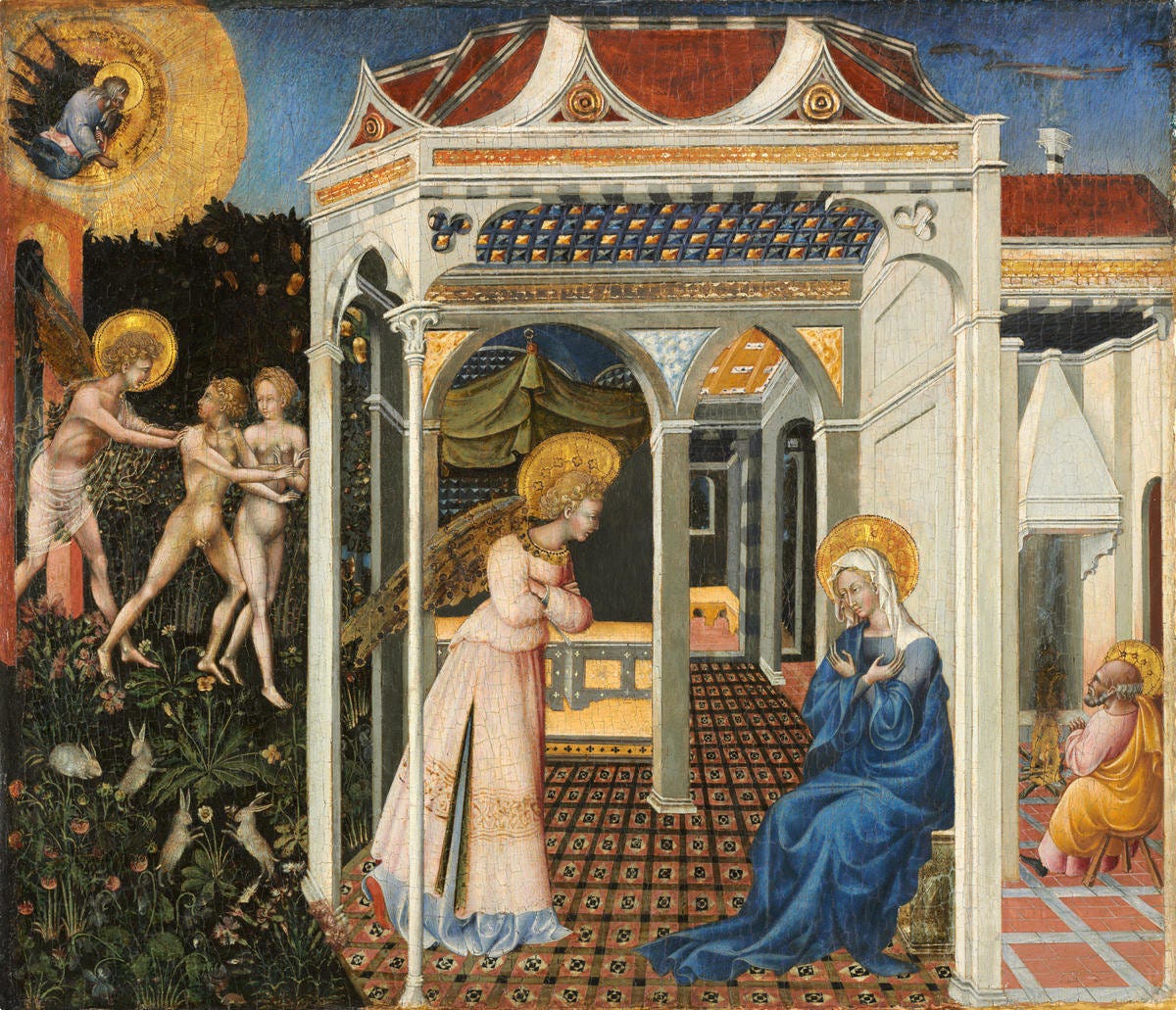We Cannot See the Extent to Which Our World Has Fallen
In our efforts to see our world aright, we fall for two basic lies. In some past times, our world was mistakenly seen as a place so lost in evil that we must escape from it in order to attain to heaven. Now, however, we are tempted to think that this world, as we experience it, is the good world created by God. Few Christian teachers will challenge this idea that our world was created by God. In fact, Bishop Basil Rodzianko is one of the few teachers that I have found who does. This opening sentence in his 1996 book on cosmology and creation is combatively clear: “The world we live in was not created by God.” This is so blunt that the reader has to ask if such a claim contradicts the creed’s declaration of God as “the Maker of Heaven and Earth” and of “all things visible and invisible” as all Christians avow. If you read the rest of the book, however, Bishop Basil is simply saying that all things in our world, visible and invisible, are unfinished, broken, distorted and diseased pieces of God’s creation.
It does not come “naturally” to us these days to recognize this rebellious world that we inhabit as a fragmented distortion of God’s creation. In fact, for most of recorded human history, we have found few reasons to hope for more than this world offers. Arguably, it was Christianity that introduced the idea of a fallen world into the flow of human ideas. If this thesis is defensible, it rests upon the claim that Christians understood the extent of our darkness because they had seen the light of Jesus Christ’s life, death, resurrection and ascension. As Christ taught: “Take heart—I have conquered the cosmos” (John 16:33). In one sense, it is obvious that our world and our hearts are unwell and capable of great evils. However, only the resurrection of Jesus Christ gives us a reason to fully challenge the status quo of life as we have it here within the confines of death and to suspect that each frantic and feeble moment now actually contains the seeds of eternal peace and potency.
Keep reading with a 7-day free trial
Subscribe to Copious Flowers to keep reading this post and get 7 days of free access to the full post archives.


